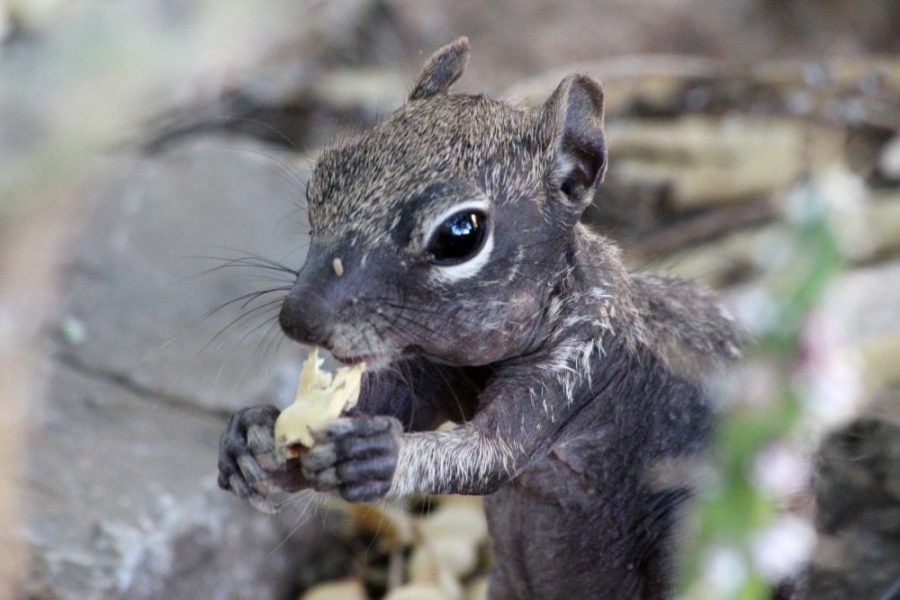The UA Poetry Center will address climate change issues through the arts this October, with help from eight world-class, scientifically-informed poets.
The series, Climate Change & Poetry, aims to elicit environmental change through poetry.
“Each year at the Poetry Center, we host a mini-series called the Poetry of Spectacle,” said Sarah Gzemski, publicity and publications coordinator at the Poetry Center. “This year, it has expanded. In total, we have eight events focused on poetry and climate change. Most of the poets write about ecopoetics.”
RELATED: Tucson ‘A truly amazing place for poetry’
Several of the poetry readings will feature climate talks before the readings itself. Scientists from the UA will speak before the poets about climate change in the world, according to Gzemski.
These scientists include Diana Liverman, who co-directs the Institute of the Environment at the UA and works as regents professor of Geography and Development; Gregg Garfin, an associate professor in climate, natural resources and policy in the School of Natural Resources; and Karletta Chief, an assistant professor and extension specialist in the Department of Soil, Water and Environmental Sciences.
Climate change is something that actively affects the world, and the Poetry Center hopes to educate the UA community by exploring its issues through a poetic lens.
“This world is not just a collection of lone individuals,” said creative writing senior Chris Hatley. “We impact one another. Poetry readings about climate change give an opportunity to work together for something that benefits everyone.”
The concept of inspiring change in the environment through poetry adds to what makes the Poetry Center so special.
When paired with science, poetry has the opportunity to help the environment.
“Writing has the power to influence people and inspire change—be it a persuasive speech, a creative piece, an information pamphlet or even a social media post,” said Kiva Strand, a creative writing junior.
Strand believes that the environment is nature’s art.
RELATED: An evening with Claudia Rankine; acclaimed poet comes to UA
“Writers rely heavily on our environment and surroundings,” Strand said. “Protecting our environment should be a focus for most communities. Perhaps the poet will shine a new light on the issue.”
These events attract a variety of different people, whether it be scientists, poets or people who are just interested in environmental issues.
“These climate talks are a lot about questioning such as what it means to live at this time and in this day and age,” Gzemski said. “Our goal is to get people to think about how writing can illicit change in the world.”
The concept that science can inspire art can alter many people’s ways of thinking.
“Science is beautiful,” Hatley said. “The natural world is magnificent to behold. The complexity of life, the order of the universe and the things that tie it together are awe-inspiring. Art lets us put to canvas and page what causes us to gasp and wonder.”
These poetry readings address challenges, contradictions and consequences of climate change in the world.
Through a poetic lens, these events will enact thinking and questioning about how literature and science collide to form change.
“Poetry invokes emotion, and the experience of that emotion already makes the world better,” Strand said. “That emotion can certainly be influential.”
This semester’s featured poets include Robert Hass, Brenda Hillman, Aracelis Girmay, Camille Dungy and Joy Harjo.
Next semester’s lineup includes Ross Gay, Brian Teare and Alison Hawthorne Deming.
“Climate change is topical and important,” Gzemski said. “Often times, people think that the arts can’t address science. This is a great way to show that poets can.”
All readings will take place at the UA Poetry Center at 7 p.m. on select Thursdays from Oct. 6 until Feb. 16, 2017.
Follow Sarah Briggs on Twitter.









